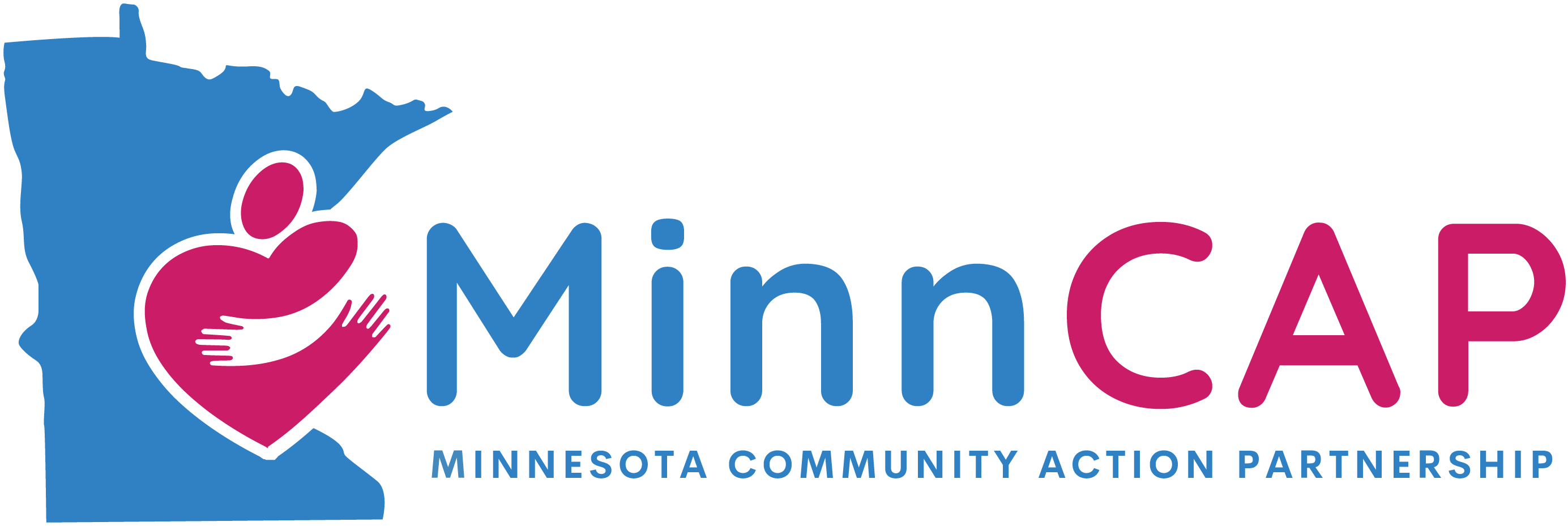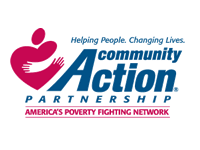
In November, William G. Gale, economic policy expert and senior fellow at the Brookings Institution, published a report titled, “Public Finance and Racism.” In this paper, Gale notes that research in public finance has long disregarded the issue of systemic racism. And, as a result, the legacy of public policies and practices from the past, even if no longer in existence, continue to perpetuate racial inequities. For example, in a recent interview, Gale points the home mortgage interest reduction, an IRS tax incentive made available to many American homeowners, explaining that:
“… on the surface, it sounds totally innocuous and harmless from a racial perspective—if your interest payments are bigger than a certain amount you take the deduction. The problem is that historically Black households were redlined into particular neighborhoods, which reduced their house values and hence limited the mortgage they took and hence limited the deduction they could take. And as a result, not many Black households take the mortgage interest deduction. People can say, well, redlining was eliminated in the 1960s. And that’s true in a legal sense. But the real effects of redlining are still with us today. There’s substantial evidence to that effect. And so, when you think of the mortgage interest deduction, I think you want to think of it in the context of systemic policies that held down Black homeownership and held down the value of homes owned by Black households.”
Gale goes on to note that in identifying how tax and spending policies continue to exacerbate racial disparities, it is “conceptually possible at least to design policies to help society address racism.” And that is what Gale is calling on more government and public finance economists to do: to better understand the historical and modern impact of inequitable policies; to design and implement strategies to redress these policies; and work to ensure that “public finance is addressing the issues most salient to an equitable society.”
To download both Gale’s full report and policy brief which provides more details on corrective approaches and theories to remodel public policy and practice, click this link. You can also hear Gale talk more about these ideas in the recent Brookings Institute podcast, “When is A Public Policy Racist?”.









